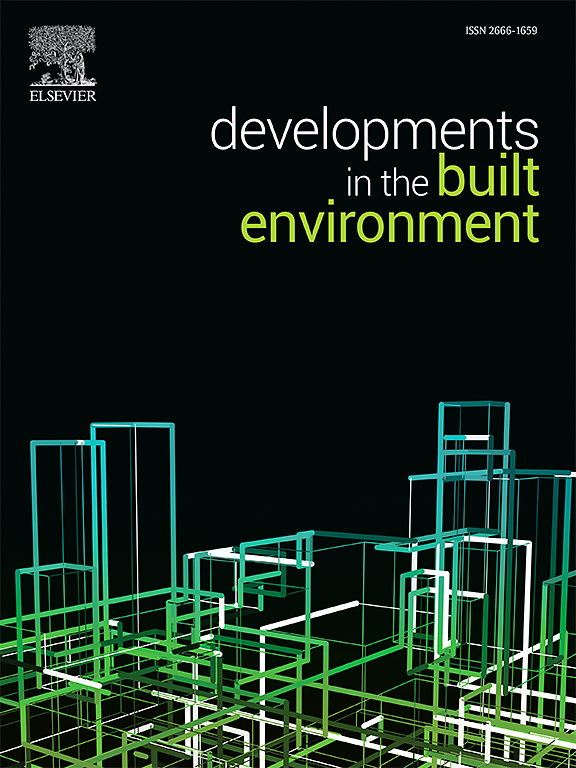生态补偿能否促进跨区域的建筑拆迁垃圾协同治理?来自前景理论的证据
IF 8.2
2区 工程技术
Q1 CONSTRUCTION & BUILDING TECHNOLOGY
引用次数: 0
摘要
传统的建筑垃圾处理方式难以充分发挥区域优势。因此,各国和各地区越来越多地尝试跨区域合作治理CDW。本研究运用前景理论和演化博弈理论,探讨生态补偿是否促进了区域间的CDW协同治理。跨区域协同CDW治理生态补偿演化博弈系统具有四种演化稳定策略。不同的生态补偿费鼓励回收企业积极参与协同治理,但不利于不同地区的地方政府。此外,不同的生态补偿费金额对政府与回收企业协同治理行为的影响存在异质性。协同系数对地方政府与回收企业的跨区域协同治理行为有正向影响。因此,本研究为CDW跨区域协同治理中的生态补偿提供了新的证据,为地方政府制定有效的生态补偿政策提供了参考。本文章由计算机程序翻译,如有差异,请以英文原文为准。
Can ecological compensation promote cross-regional collaborative governance of construction and demolition waste? Evidence from prospect theory
Traditional construction and demolition waste (CDW) treatment makes it difficult to fully utilize regional advantages. Consequently, countries and regions have increasingly attempted cross-regional collaborative CDW governance. This study employs prospect theory and utilizes an evolutionary game to explore whether ecological compensation promotes cross-regional collaborative CDW governance. The cross-regional collaborative CDW governance ecological compensation evolutionary game system has four evolutionary stable strategies. Different ecological compensation fees encourage recycling enterprises to actively participate in collaborative governance, but discourage local governments in different regions. Moreover, different ecological compensation fee amounts have heterogeneous effects on the collaborative governance behaviors of the government and recycling enterprises. Further, the synergy coefficients positively affect the cross-regional collaborative governance behaviors of local governments and recycling enterprises. Thus, this study offers new evidence regarding ecological compensation in cross-regional synergistic CDW governance and provides a reference for local governments in formulating effective ecological compensation policies.
求助全文
通过发布文献求助,成功后即可免费获取论文全文。
去求助
来源期刊

Developments in the Built Environment
Multiple-
CiteScore
7.40
自引率
1.20%
发文量
31
审稿时长
22 days
期刊介绍:
Developments in the Built Environment (DIBE) is a recently established peer-reviewed gold open access journal, ensuring that all accepted articles are permanently and freely accessible. Focused on civil engineering and the built environment, DIBE publishes original papers and short communications. Encompassing topics such as construction materials and building sustainability, the journal adopts a holistic approach with the aim of benefiting the community.
 求助内容:
求助内容: 应助结果提醒方式:
应助结果提醒方式:


